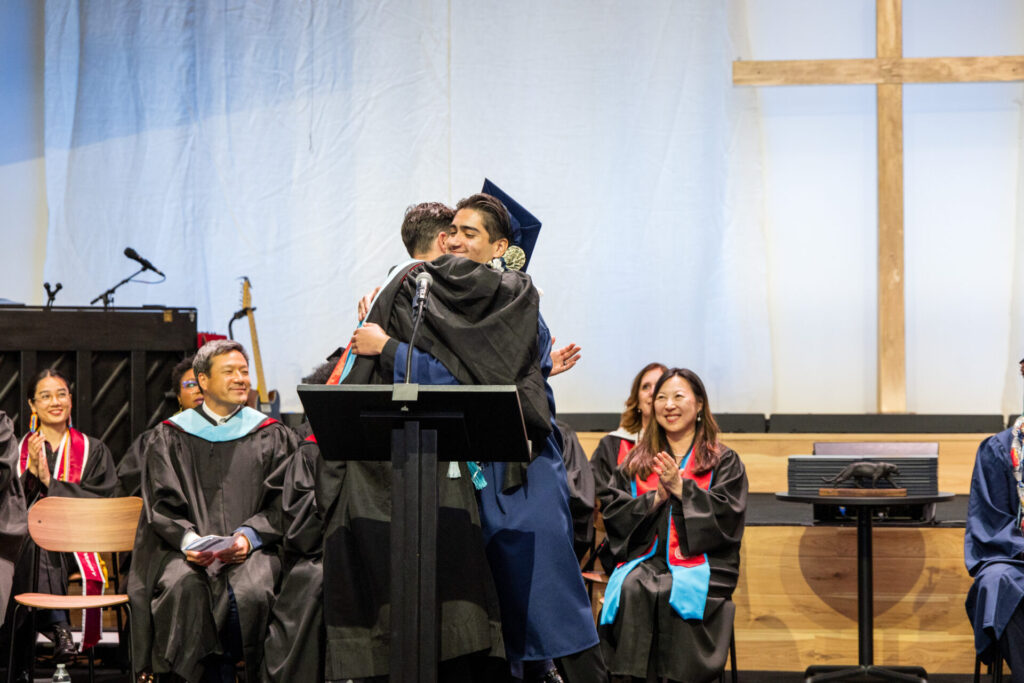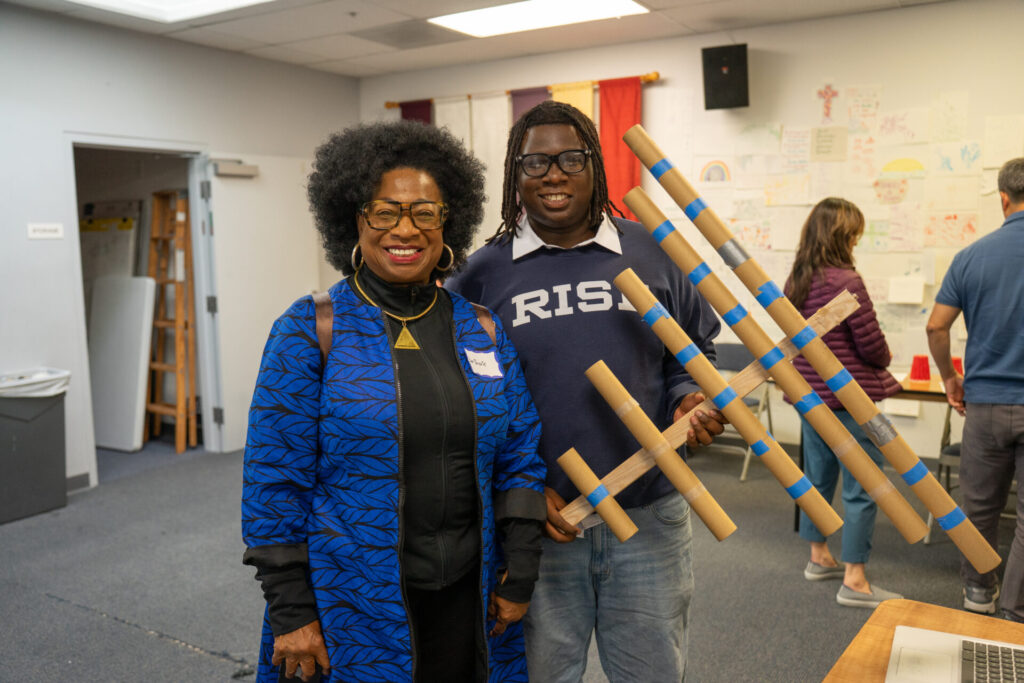
Jeff Boyd, 22 year veteran teacher, heeded the call to leave his home and teaching position in Pacifica in order to know and love his new neighborhood–Bayview Hunters Point.
In The Atlantic’s story titled, “The Elusive Teacher Next Door” (June 2017) which cites the housing affordability challenges for San Francisco teachers, writer and teacher Andrew Simmons confirms what many understand to be one key to a healthy school community–teachers living in the neighborhoods where they teach.
Simmons writes, “When a teacher lives in the community, parents aren’t just email addresses and phone numbers. Parent-teacher interactions aren’t limited to disputes over a child’s behavior or grades. Those interactions instead can happen on the sidewalk or the shoe store or the gym…There’s no forfeiture of authority when these barriers crumble, just the acknowledgment that both parties are stakeholders in the community and the institutions it comprises.”
Within a month of moving to San Francisco, which was made possible by a pooling of resources between the Chien family and Boyd family, the Boyd family met Mariah, a 5th grader who would often come by to play with the kids at the Boyd/Chien house. Mariah, now our student, came to Rise Prep because she was simply a neighbor to the Boyd/Chien families. She and her brother would hang out at the Boyd/Chien house–play ping pong, Nerf gun wars, and Uno.
When asked what it’s like to live near her teacher, Mariah says, “It’s weird. ‘Cause I never knew a teacher personally until now. I didn’t know where they lived, or know any of their kids.”
Mr. Boyd lives around the corner from Mariah: “It was important to me that I lived around the people I taught. Then I could understand where they were living, where they were coming from, and the sorts of things they were dealing with on a daily basis,” said Mr. Boyd.
STORY CONTINUED FROM SEPTEMBER NEWSLETTER:
“Culturally responsive teachers understand that students bring their culturally influenced cognition, behavior, and dispositions with them to school. These teachers not only understand student differences related to race, ethnicity, culture and language, but they use this knowledge to enrich their teaching in ways that enhance learning opportunities,” says Jacqueline Jordan Irvine, Professor Emeritus at Emory University (The Atlantic, Nov. 2013), citing that good teachers embrace their students’ cultural backgrounds.
Hearing his students talk about the rough patches they went through, Mr. Boyd, a celebrated oral storyteller, transformed Homer’s Odyssey into the story of a man whose home was Bayview Hunters Point. Mr. Boyd takes seriously what Professor Irvine points out, “If you don’t know anything about the everyday lived experiences of your students—the cultural backgrounds, the dialects, the family, the home, the community—[you will] pull the examples for teaching from [your] own experiences. And, hence, those connections are not made for students.”
Mariah’s mom, Jamica, first came to trust and appreciate Mr. Boyd’s wife, Joanna, and that spread to the rest of the family. “The Boyds are a good family. I did not even know about Rise until Joanna talked about it. And I am glad she did, because we are so happy with Mariah attending.” During the first week of school, Jamica brought her newly born son with her as she signed paperwork for the school, while students were being dismissed for the day. Mr. Boyd says, “Through friendship and relationship, I was holding him while I was dismissing folks. What a blessing it was seeing Jamica sit on that couch registering Mariah for Rise. We’re here because of each other. It has been the good and hard work of relationship.”
Mr. Boyd ends, “Part of being here is being fully a neighbor and partner to what’s going on in the community. My living here is part of that. If I didn’t live here, I would still be able to teach here, but I wouldn’t understand as well what was going on. I wouldn’t understand as well what my students love, the good they find here, who their parents and grandparents are. It’s important for me to be in the place that I teach.”

